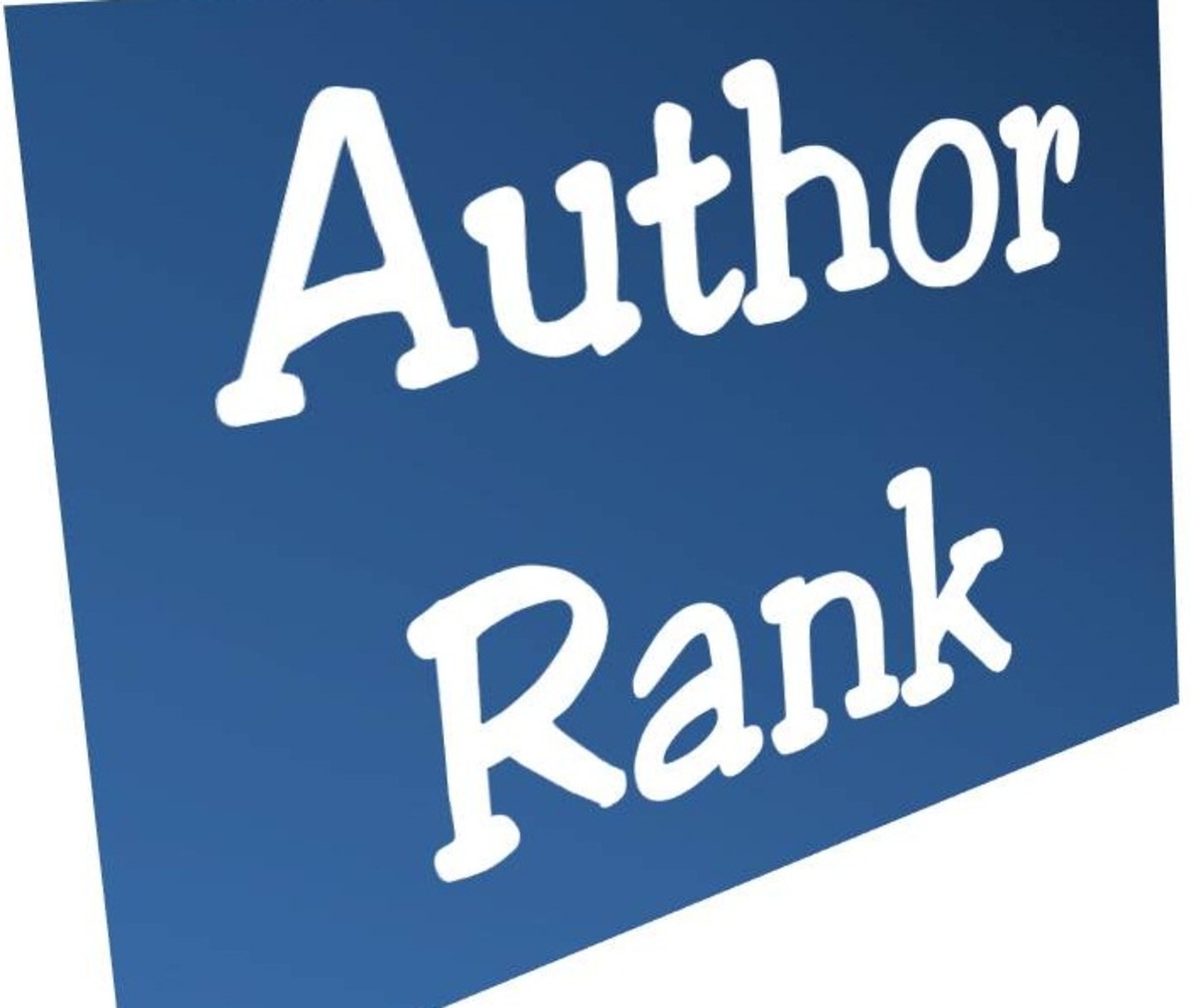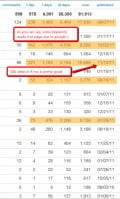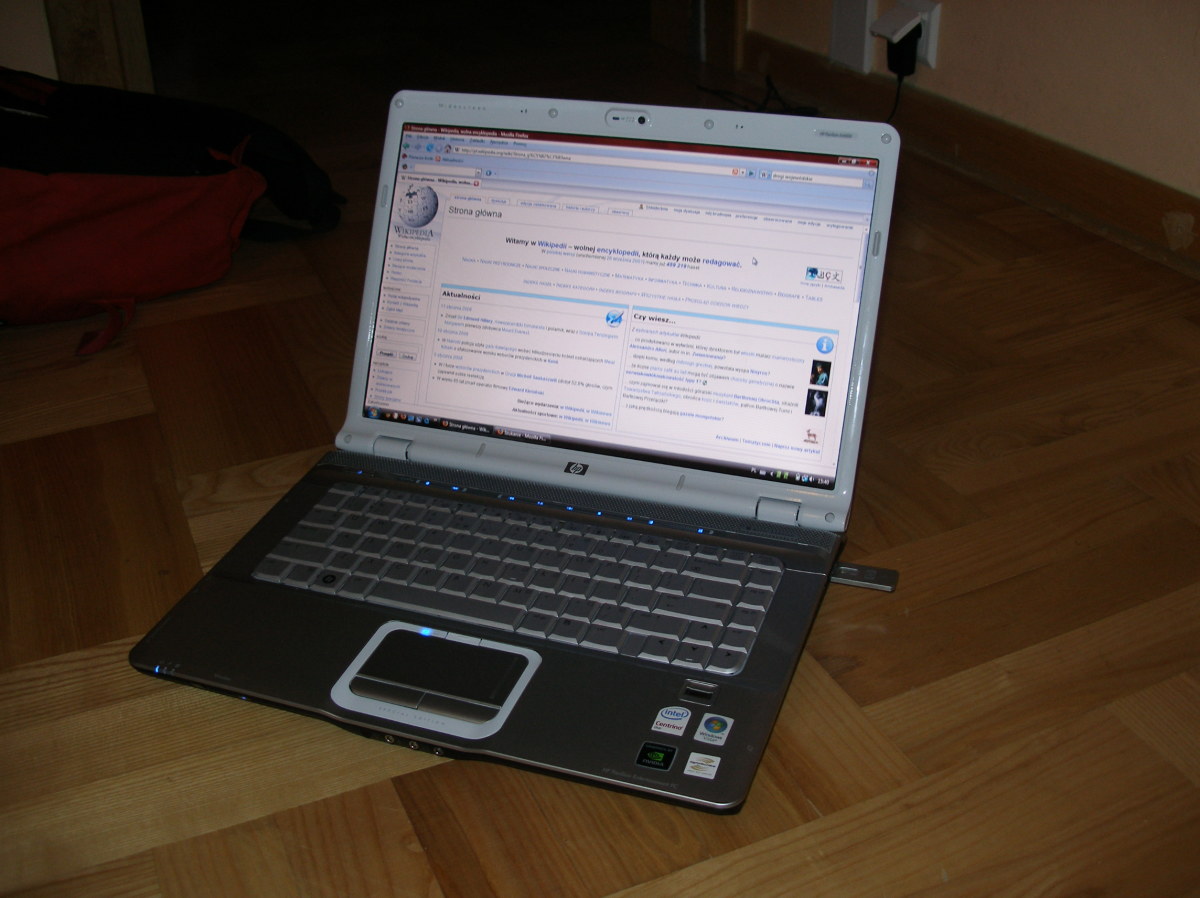The Keyword Success Formula For A Higher Google Ranking And More Traffic
The Keyword Success Formula for a Higher Google Ranking
Keywords are an important part of getting a higher Google ranking and the higher your Google ranking, the more traffic you will drive to your website. It's irrelevant if you've got a website, a blog or even some hubpages or a squidoo lens - the success formula doesn't change.
If you follow the success formula religiously, then you'll find that your site will get as much free traffic as you want ... the only tricky bit is following the simple formula and not simply not bothering.
It's easy to get swept up in the moment. It's easy to stare at a blank website page, or a blank blog post and see it as a time challenge to get through to the end and publish your words... trust me, I know, because I am just as guilty of not following the success formula as anybody else! Yes, I KNOW this stuff, but don't always do it - so feel good about yourself when you DO follow the success formula, but don't feel bad when you don't! Hey, this is supposed to be fun right? Serious, but fun. Getting to number one in Google, getting a higher Google ranking, getting more traffic to your website ... it's all possible if you treat it like a marathon and not a sprint.
The Formula
I'd like to just cut to the chase, I'm sure you're busy and won't thank me if I bury the important stuff somewhere down the page... so here it is, laid out in a simple How To list. Further down I will go through each of these, to clarify, so you can just skip to the bits you need.
These rules haven't changed since I first started writing html and simple web pages, they were important then and they are important now.
- Always, always, always, always (did I mention "ALWAYS"?) put your keyword in the title of your post or page.
- Obviously, you have to use your keyword within your blog post, or your webpage, too - that should be obvious, but you'd be surprised how many people simply don't do it!
- Don't over-use your keyword - using it too little is just as bad as using it too many times.
- Make your post or webpage long enough. A simple paragraph isn't enough. Always make sure you write a minimum of 300 words. I usually find trouble stopping so will regularly write a LOT more than that.
- If you're using a blog, then make sure you use your keyword in a tag for the post.
So, that's it. That wasn't hard was it, but that is pretty much the complete Success Formula for a higher Google ranking.
So, what did all that mean? And why?
Keyword in Title
"Always, always, always, always (did I mention "ALWAYS"?) put your keyword in the title of your post or page."
When Google visits your blog post or webpage, it scans down and has what is effectively a tick list to work out how relevant your post or page is. If your keyword is in the page title then that gets a "tick" to say it's relevant. If you're writing about something then it makes sense that the keyword must be in the title, so make sure it is!
Keyword In Your Blog Post or Webpage
"Use your keyword within your blog post, or your webpage, too - that should be obvious, but you'd be surprised how many people simply don't do it!"
I don't see how you could completely fail to put your keyword into your text, but it's amazing how many people do. For example, if you have done some keyword research you might have chosen that your keyword was "Keyword Mastery" - well if THIS is your keyword, then you need to use that phrase exactly as it is. It's no good then writing 1,000 words talking of "Mastering keywords.." "To master keywords ..." "If you want to be a keyword King ..." - you DO need to change your writing style to fit your keywords into your page. Sometimes this can be awkward to do, but if you don't try then you've missed out on a big trick in getting a higher ranking in Google, so try it.
Keyword Density
"Don't over-use your keyword - using it too little is just as bad as using it too many times"
This is known as Keyword Density. Keyword Density refers to how many times you have used your keyword in your text, compared to the amount of text you have written.
At one end of the scale, when you scan down you have used your keyword 0 times - this is a keyword density of 0%. At the extreme end of the scale, you've simply written your keyword out 1,000 times in 1,000 words - this is a keyword density of 100%.
Somewhere between 0% and 100% for keyword density is about right - so where is it?
There is no precise figure to aim for, but there is a range. It's generally accepted that a keyword density of 3-7% is what you need to be aiming for. So if you've written 1,000 words then you need to have slipped your keyword in gracefully about 30-70 times ... now that sounds a lot - and only you can be the judge of whether this makes it read oddly. So, I'd suggest you write your piece, then check the keyword density. If it's anywhere within this range then leave it like that; if it's outside of this range, especially if it's on the low side, then spend a little time making sure it gets within range.
Another point with keyword density is it's a good idea to have the keyword spread across the whole page. There's no point mentioning it 70 times in the first 300 words, then not at all - indeed, if you're doing this, then are the last 700 words even relevant? Maybe they'd be better on a separate page, targetting a different keyword!
Whatever you do, just make sure your copy reads naturally - it should flow and be easy to read.
You can check your keyword density with a number of simple and free tools online.
Length of Your Page
"Make your post or webpage long enough."
Google likes to give its searchers relevant pages and one test of how relevant your webpage or blog post is to Google is how long it is.
Now, you don't have to write a major 5,000-10,000 word essay, but there are some simple guidelines.
For starters, a simple paragraph just isn't enough. That would be more like a quick tip than a webpage that is likely to be relevant to somebody.
I'd say you should always make sure you write at least 500 words, at least 850 is better. I usually find trouble stopping so will regularly write a LOT more than that! So, having covered the minimum, how far should you go? Well, it depends what you're writing about - and how interested you are in it. Sometimes I could write a whole volume on a subject.
If you find your posts are getting too long, then one thing you might try doing is to see if you can't split it into half. You could create two webpages, or two blog posts, from the information - perhaps targetting slightly different keywords with each.
I probably usually write between 500 and 1200 words in my blog posts, but you need to do what's best for you and your subject. Don 't try to hit theoretical targets and turn it into a chore... but DO try to ensure you're writing as much as you can for your site visitors to have their question answered.
Use Blog Tags
"If you're using a blog, then make sure you use your keyword in a tag for the post."
One thing that's different about blogging from most websites is the use of tags. Wehn you write a blog post you write a series of tags which define what the post is about. Tagging enables the Internet to link together and group together various posts from all over the place that are about the same subject.
So, once you've written your post and want to assign it to some tags, make sure you use your keyword as one of the tags.
Other Top Tips
While you could just stick with the steps above and leave it at that (you'll already be doing the important stuff that others just can't be bothered with), there are a few more tips and tricks you might like to think about.
I've put them in no particular order, but here are some top tips for keywords to get a higher Google ranking:
- Break your post or page up into sections, giving each section a heading. Try to get your keyword into each section heading.
- When creating a section heading, rather than just making it bold, Google sees it as MUCH more important if you can use the html Heading tags to make it stand out. If you can use the <h1> tags for the section headings, then Google sees that it is very important. Combine this with having your actual keyword in your section headings and Google will KNOW your keyword is important and will rank it higher.









